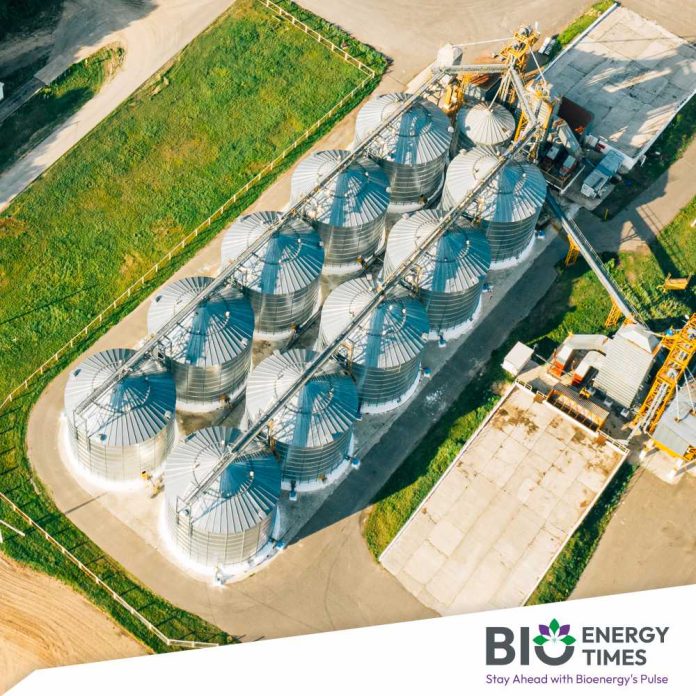BBGI, the biotechnology arm of energy conglomerate Bangchak Corporation, is preparing to supply a cleaner fuel called “bio-LNG” for ships, aiming to replace liquified natural gas (LNG) and support global efforts to cut greenhouse gas emissions.
Like airlines adopting sustainable aviation fuel (SAF), ship operators are also required to transition to alternative fuels with lower carbon footprints.
Currently, ships use LNG, heavy fuel oil, and marine gas oil, with larger vessels favouring heavy fuel oil due to its lower cost. BBGI plans to provide the new fuel to a marine fleet operated by Singapore-based Kepple, a global asset manager and operator, said Daechapon Lersuwanaroj, BBGI’s chief executive and president.
Bio-LNG production is slated to begin at a factory to be built between 2025 and 2026. The facility is expected to produce 500 tonnes of bio-LNG daily, totalling 150,000-200,000 tonnes annually. Mr. Daechapon estimates the project will cost between US$100-150 million.
Bio-LNG, or liquefied biomethane, is a biofuel derived from biogas through anaerobic digestion, offering a renewable alternative to fossil fuel-based LNG.
BBGI plans to use biogas produced from solid waste and wastewater at its ethanol plants in Kanchanaburi and Khon Kaen provinces. The bio-LNG factory will include a methane gas separation plant, a biomethane production unit, and a section focused on fuel quality.
This initiative represents a new application for biogas, which was previously promoted as fuel for power plants and vehicles, said Mr Daechapon.
The bio-LNG project follows a collaboration between BBGI, Kepple, and CleanEdge Resource, a company specializing in wastewater treatment and waste-to-energy plant development. The three firms have signed a memorandum of understanding to launch the bio-LNG business in Thailand and plan to form a joint venture to operate it.
Kepple’s marine fleet aims to adopt biofuel to comply with global emissions reduction campaigns.
BBGI is also co-developing a SAF production facility near Bangchak’s oil refinery in Bangkok’s Phra Khanong district. The plant will be managed by BSGF, Bangchak’s SAF production and distribution subsidiary.
Bangchak owns a 51% stake in BSGF, with BBGI holding 20% and Thanachok Oil Light Co, an integrated vegetable oil business, owns the remaining 29%.
SAF, a biofuel for aircraft, can reduce greenhouse gas emissions by up to 80% compared to traditional jet fuel, according to various industry forecasts.
For detailed information and further insights, please refer to BioEnergyTimes.com, which provides the latest news about the Biogas Industry















